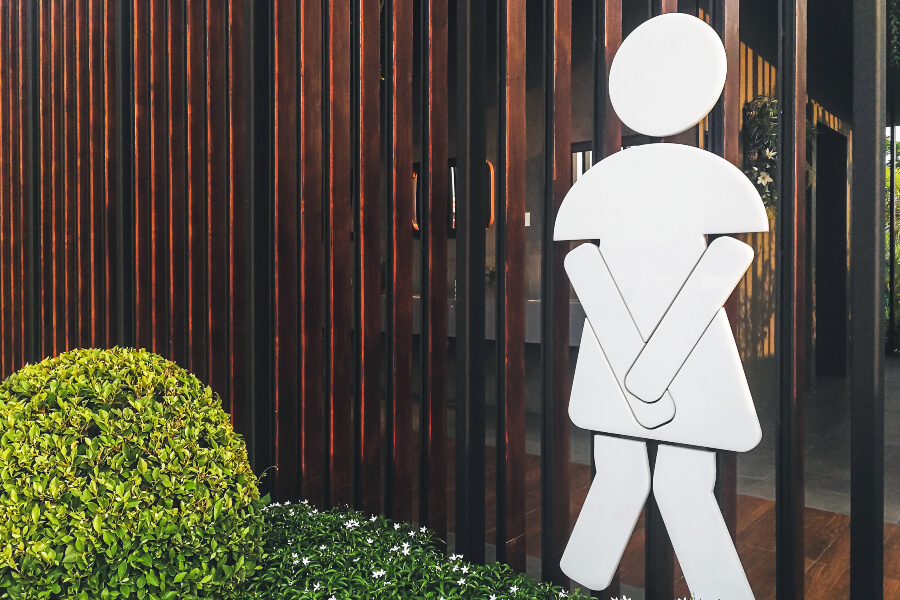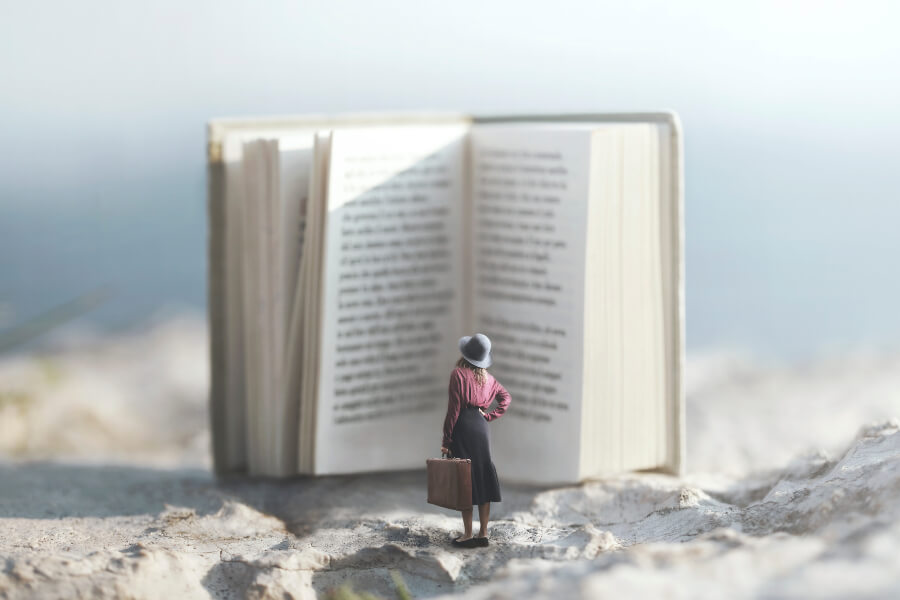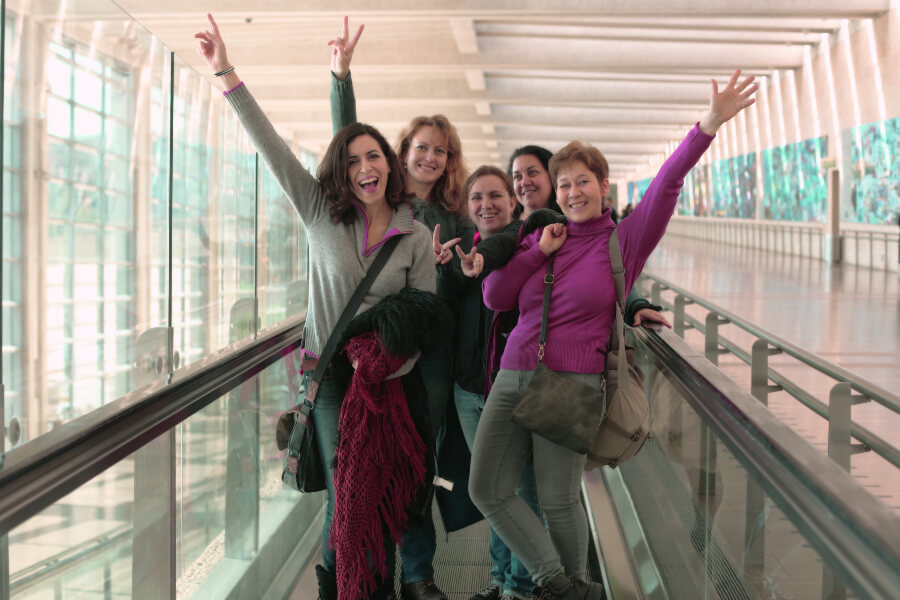Five months ago, when the world started falling apart, a good friend of mine said, “If you don’t have low-level depression, something’s wrong with you.” I agreed, and I guess I thought that once I got used to the disruption of all my daily routines and future plans, I might get back on an even keel.
But as time wore on, things only seemed to get worse. I felt I could break into tears at any moment. Sometimes as I watched our great country look like a banana republic, I gave into those tears. I seemed to alternate between rage and despair, and several afternoons I was so spent from emotions I had to go to bed and stay in a darkened room.
What has sustained me is exercise, audio books, Call the Midwife, and a social gathering of NextTribe members every Thursday morning, where women, some I’ve never met in person, share their struggles. There have been lots of tears and virtual hugs. But as the co-founder of NextTribe, I felt like I had to keep it together during these sessions. I had to smile and be upbeat. Until one day, I couldn’t pretend any longer and admitted that I was often hollow inside. The support and understanding I received from these women was so pure and genuine that it lifted me in an extraordinary way.
Read More: “There’s a Man in My Bed” and Other Silver Linings in These Trying Times
Thank You Michelle Obama
Today I read that Michelle Obama admitted to mild depression in a recent podcast. I quickly sent the link to my friend who had sought to normalize our general malaise months ago. “I know that I am dealing with some form of low-grade depression,” Obama said, according to the New York Times.“Not just because of the quarantine, but because of the racial strife, and just seeing this administration, watching the hypocrisy of it, day in and day out, is dispiriting.”
I’m not happy at all that Michelle Obama is feeling as blue as I am. But reading this and other comments from her has made me feel better, more connected in my gloom. I’ve had major depression before, and one of the damaging lies you tell yourself in the middle of it is that no one can understand what you’re going through. You feel utterly alone, and by keeping quiet and ashamed, you dig yourself even deeper into the sense of isolation.
We need to be talking. We need to reach out right now. A June survey by the Kaiser Family Foundation found that more than 30 percent of U.S. adults were reporting symptoms consistent with anxiety or depression that date back to the outbreak of COVID. These symptoms include trouble sleeping, low energy, and a lack of enthusiasm for things that usually interest them.
If you’re feeling any of these, call someone, even if it’s a mental health hotline, and maybe turn off the news and social media. Self-care couldn’t be more important right now.
Read More: Why Did Evolution Give Us Menopause? The Answer Could Make You Feel Better
Photo by Global Citizen, via Reuters





















0 Comments